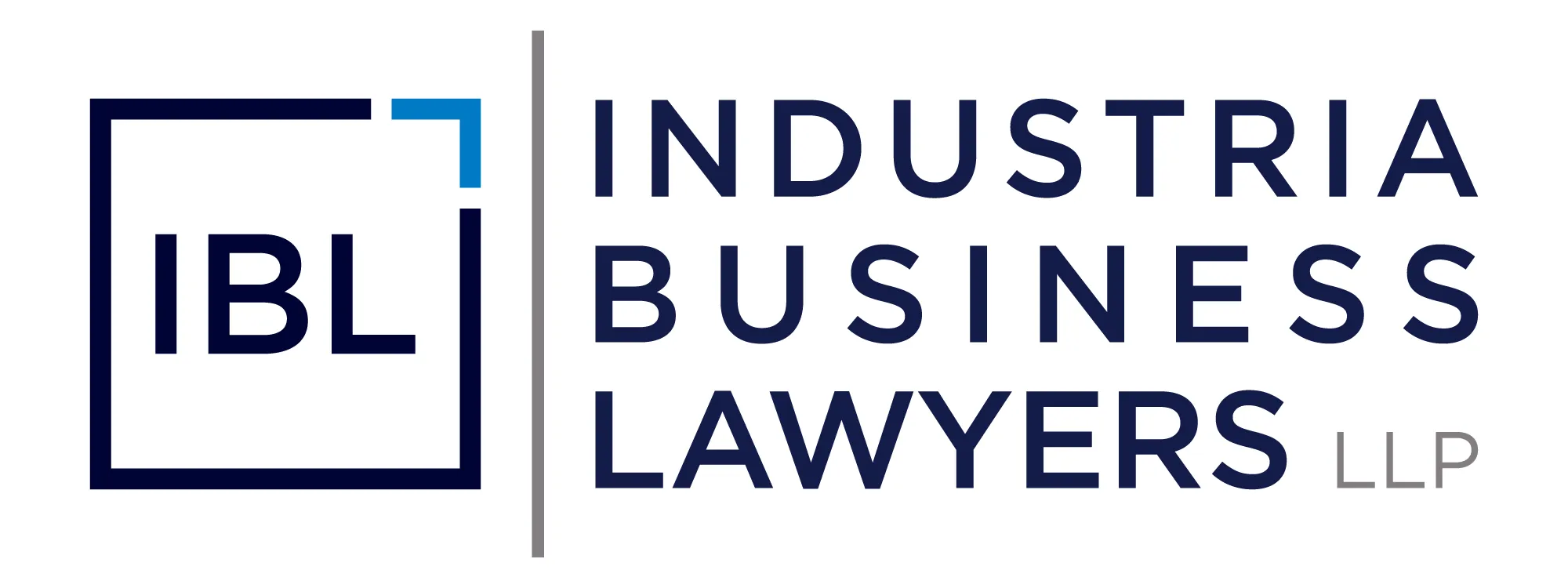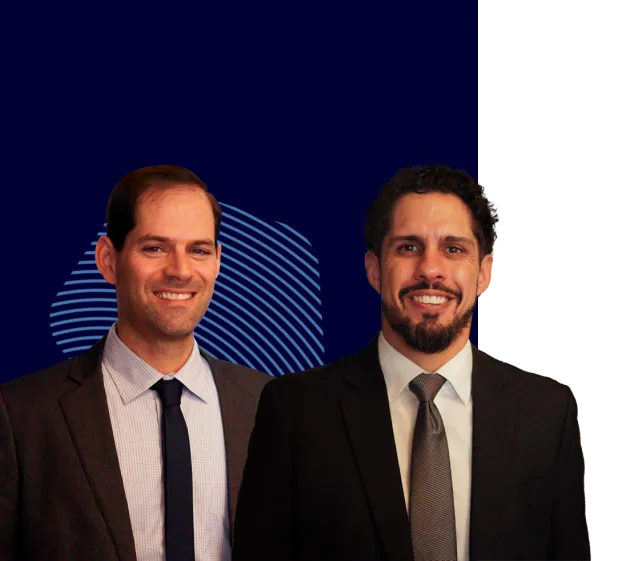Decentralized Autonomous Organizations (DAOs) are changing the way projects and communities function by providing a fresh approach to decision-making without the need for conventional leadership. Despite this, it can be challenging for DAOs to operate properly due to legal uncertainties, liability risks, and compliance issues. Participants could be held personally responsible for legal violations in many cases.
Marshall Islands Decentralized Autonomous Organization (MiDAO) is an organization that facilitates the formation of Republic of the Marshall Islands (RMI) DAO LLCs, a legal framework specifically designed to provide clarity and protection for DAOs. This structure offers regulatory certainty, limited liability, and compliance with existing laws while allowing DAOs to maintain decentralization. But does it genuinely offer legal protection? Let’s dive in and find out.
The legal challenges DAOs face
Decentralized Autonomous Organizations (DAOs) use blockchain and smart contracts to enable community-driven decision-making without conventional hierarchies. Although this approach encourages openness and democratic decision-making, it puts DAOs and their members at risk by putting them in a grey area.
Some of the most pressing issues include:
- Contractual uncertainty: DAOs usually operate without legal incorporation, making binding agreements with service providers and strategic partners difficult. This uncertainty can deter potential vendors and partners.
- Liability issues: Members may be personally liable if a DAO is deemed a general partnership, exposing them to personal, legal and financial risks. As of writing, in most jurisdictions, DAOs lack legal recognition, meaning members can be held responsible for debts, security lapses, or legal infractions. The U.S. CFTC’s 2022 enforcement action against Ookie DAO, the successor to the bZeroX project, set a precedent and shook the crypto world by holding DAO token holders accountable for violating U.S. commodity laws for conduct of the protocol itself, proving that DAO governance without a legal entity wrapper does not shield individuals from liability, and highlighting the need for legal protections (Case: 3:22-cv-05416-WHO, N.D. Cal., filed 09/22/2022. Default judgment against token-holders entered on 6/8/2023).
- Governance risks: Although DAOs are democratic, governance power is often concentrated in a few token holders, potentially leading to decisions favouring the majority over the minority, with little recourse for others, especially when the controlling group is anonymous. It is also unclear who has the right to act on behalf of the DAO, protocol and/or network in the case of damages incurred by any of them inflicted by third parties.
- Tax and regulatory compliance: DAOs involved in investment, staking, or lending may struggle to determine tax obligations. Furthermore, DAOs that issue governance tokens run the danger of unintentionally breaking securities laws and facing fines from the authorities.
What is the structure of MiDAO?
The MiDAO legal framework, explicitly created for DAOs, offers a structured governance, liability protection, and regulatory compliance approach. It provides legal safeguards that lower risks and boost credibility while enabling DAOs to register as legal companies and preserving decentralization. It is the first legal provision to do so outside of the U.S. (Wyoming) and not subject to its jurisdiction.
How MiDAO provides DAOs with legal protection
By concentrating on modifying current legal frameworks to accommodate decentralized governance, MiDAO makes sure that DAOs function within a well-organized legal framework. This strategy offers a clear and accelerated route to legal recognition as it enables DAOs to function within pre-existing legal frameworks.
Let’s now look at how MiDAO grants legal protection to DAOs:
- Jurisdictional Clarity: Establishing a clear jurisdiction is key to legal protection. Jurisdictions like the Marshall Islands have created legal frameworks for DAOs, offering clear legal standing. By selecting such a jurisdiction, MiDAO minimizes the risks of uncertain legal environments and ensures compliance with local laws, reducing liability.
- Legal Entity Structuring: DAOs can formally establish their operations as DAO LLCs or other legal entities, thanks to MiDAO. This provides legal recognition and bridges decentralized operations and traditional legal systems, facilitating interactions with investors, regulators, and businesses. It also mitigates legal risks and enhances legitimacy.
- Smart Contract Audits: Regular audits help identify vulnerabilities, prevent disputes, and reduce financial risks. MiDAO encourages these audits for security and is developing a legal framework allowing smart contracts to be referenced in MiDAO DAO LLC documents for legal clarity.
- Insurance Coverage: MiDAO recommends insurance to protect against risks associated with DAO activities. As DAOs operate in evolving legal landscapes, insurance provides financial protection for participants in case of security breaches, operational failures, or other unforeseen events. By providing a legal entity structure, MiDAO allows insurance to be obtained.
Key jurisdictions and MiDAO’s legal standing
The choice of jurisdiction is a critical factor for DAOs seeking legal recognition and protection, directly influencing their legal standing, tax obligations, and regulatory environment. The right jurisdiction ensures compliance with local laws and helps mitigate risks by providing regulatory clarity.
Several states have made provisions for DAOs by providing frameworks specifically made for autonomous organizations:
- A major change in DAO legislation was made in 2022 when the Marshall Islands implemented the DAO Act, giving a clear legal structure for blockchain-based organizations.
- Wyoming (USA) became the first U.S. state to officially recognize DAOs as legal entities on July 1, 2021, with American CryptoFed DAO being the first recognized business entity.
- Switzerland’s 2021 DLT Act supports blockchain adoption but lacks a dedicated DAO LLC structure. Swiss DAOs fall under existing legal categories like simple partnerships, though they can structure themselves as a Swiss association, which offers limited liability protections to its members.
MiDAO members can be assured that their projects comply with local laws and are legally protected by selecting a jurisdiction that supports DAOs. This will enable the organization and its members to operate more smoothly and with less legal risk.
How incorporation with MiDAO works
MiDAO offers a simple process to establish a legally recognized DAO. The incorporation process is as follows:
- Complete KYC: Beneficial owners with 25%+ governance rights must submit valid passports and complete the KYC process. This includes residency verification and checks against sanctions lists.
- Form the DAO: MiDAO provides templates for essential founding documents, such as the Operating Agreement, Certificate of Formation, and the Foreign Investment Business License (FIBL) application.
- Submit Documents – Once the documents are signed, MiDAO submits them to the relevant authorities on your behalf.
- Receive Your Charter: Within 30 days, you will receive your official Charter, formally establishing your DAO’s legal status.
MiDAO is an attractive choice for DAOs looking for legal protection because it provides several distinct and groundbreaking benefits, including legal personhood, limited liability, more clear governance, and a better foundation for compliance. However, whether it’s right for your project or venture may depend on a variety of factors. If you need guidance on MiDAO, DAO LLCs generally and similar structures, or any crypto-related legal matters, our experienced team is here to help—contact us today for expert guidance.


